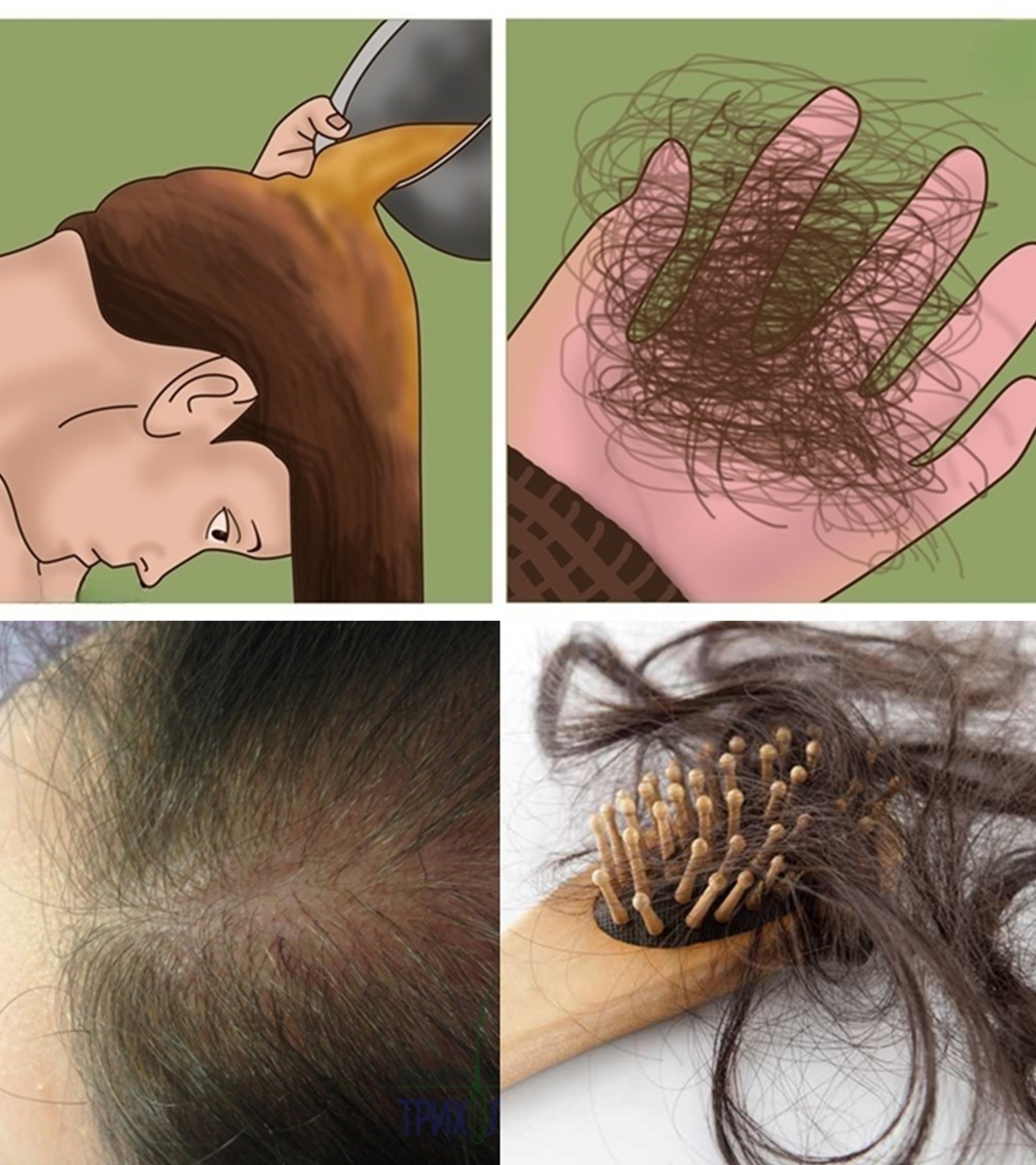ADVERTISEMENT
### **Understanding Telogen Effluvium: Hair Loss After Illness**
Hair loss after an illness is often a result of **telogen effluvium**, a condition where hair follicles prematurely enter the shedding phase of the hair growth cycle. To fully understand how illness affects hair, it’s important to first understand how hair growth works.
#### **The Hair Growth Cycle**
The hair growth cycle consists of three main phases:
1. **Anagen Phase (Growth Phase)**: This is the active growth phase of hair, lasting anywhere from 2 to 6 years. During this phase, hair grows at an average rate of about half an inch per month.
2. **Catagen Phase (Transitional Phase)**: This phase lasts a few weeks, where hair stops growing and detaches from the hair follicle.
3. **Telogen Phase (Resting Phase)**: Hair rests in the follicle and eventually falls out. This phase can last several weeks to months.
Under normal circumstances, approximately 85–90% of the hair on your scalp is in the **anagen phase**, while only about 10–15% is in the **telogen phase**. However, when the body experiences significant stress from illness, trauma, or physical stressors, more hair follicles can be triggered into the **telogen phase**, resulting in increased hair shedding.
#### **The Connection Between Illness and Hair Loss**
When you are sick, particularly with viral infections like the flu, the body goes into a state of stress, which can disrupt the normal hair growth cycle. This disruption can cause **more hair follicles** than usual to enter the **telogen phase**, leading to **profuse hair shedding** about 2 to 3 months after the illness. This type of hair loss typically does not cause permanent damage to the hair follicles, but the process can be distressing for many people.
In addition to the flu, other illnesses like high fevers, infections, surgery, and chronic illnesses (such as thyroid disorders or autoimmune diseases) can also lead to telogen effluvium. Even emotional stress, such as the anxiety caused by illness, can trigger this condition.
—
### **How the Flu Affects Hair Loss**
The flu, like many viral infections, causes your body to go into a state of inflammation and stress. As the immune system works to fight off the infection, the body directs its energy and resources toward healing. In some cases, this can lead to a disruption of the normal hair growth cycle, pushing hair into the **telogen phase** prematurely.
A few key factors contribute to flu-related hair loss:
1. **High Fever**: A fever is a common symptom of the flu, and sustained high temperatures can trigger a stress response in the body. This stress can affect hair follicles, leading to more hair entering the telogen phase.
2. **Dehydration**: Flu often leads to dehydration due to fever, sweating, and a lack of appetite. Dehydration affects the body’s ability to nourish hair follicles and can lead to hair thinning.
3. **Nutrient Deficiency**: When you’re sick, it’s not uncommon to lose your appetite or have difficulty eating. This can result in deficiencies in essential nutrients such as vitamins and minerals (like iron, zinc, and vitamins A, D, and E) that are vital for healthy hair growth.
4. **Stress Response**: Illness can be a physically and mentally taxing experience, and the psychological stress of dealing with sickness can further exacerbate hair loss.
—
### **How Long Does Hair Loss After the Flu Last?**
One of the most distressing aspects of post-illness hair loss is that it typically doesn’t happen immediately after an infection. **Telogen effluvium** usually occurs 2 to 3 months after the illness. This delayed onset can make it difficult to connect the dots between the flu and hair loss.
Fortunately, **hair loss due to telogen effluvium** is usually temporary. Once the body has recovered from the illness and the stress subsides, the hair growth cycle can return to normal. This means that, in most cases, the hair that was lost will eventually grow back within **6 months to a year** after the illness.
However, it’s important to note that while telogen effluvium is temporary, it may still be a cause of significant distress, especially for individuals who are concerned about their appearance or who already have a genetic predisposition to hair thinning or baldness.
For Complete Cooking STEPS Please Head On Over To Next Page Or Open button (>) and don’t forget to SHARE with your Facebook friends
